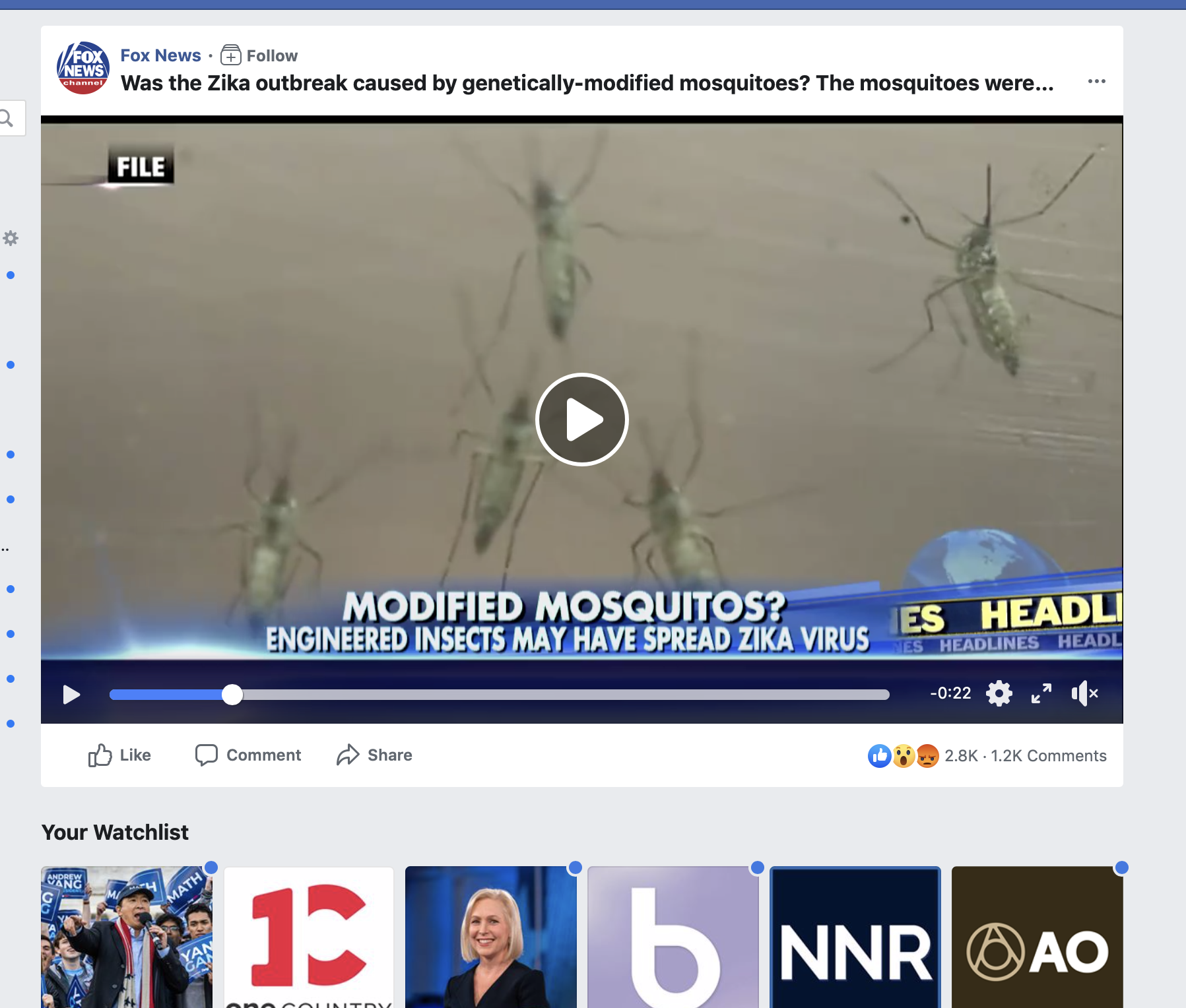In an essay in Nature, Heidi Larson, director of the Vaccine Confidence Project at the London School of Hygiene & Tropical Medicine, wrote: “The deluge of conflicting information, misinformation and manipulated information on social media should be recognized as a global public-health threat.”
You might not be thinking of it that way, but a recent study found that one third of U.S. consumers use social media as a source of healthcare information. 90% of the youngest consumers trust health information shared by their network.
Another study reported that 83% of Americans in general are concerned about whether that health info in social media is trustworthy, and 38% admit that they have no idea whether such information can be trusted or not.
A study of individuals identified as influencers found that they started their search for health care information at Facebook, and trusted social media more than Pharma websites. While influencers are a small proportion of patients, they are unusually popular and influential, so their choice of information sources is likely to affect the kind of information other patients see.
This smattering of statistics is turning up the same results as plenty more sources: Americans often use social media as a source of health info, and they can’t tell whether to trust it or not.
Studies on health misinformation in social media
A round up of research on the question looked at a set of experiments conducted with a special social media set up for information on the Zika virus. Subjects were asked to read a Facebook or Twitter conversation created for the experiments, and then to answer questions about Zika.
The students probably saw this as a reading comprehension or critical thinking test, but the point was actually to see what kinds of comments are most effective in combating misinformation.
The elements of the experiment:
- Three pages of typical social media conversation about Zika
- For the experimental group, an anonymous posting of an article (created for the experiment) saying that Zika was “caused by genetically modified mosquitoes in Brazil”
- A choice of replies in which two individuals debunked the story, with or without sources
- For another experiment group, two responses apparently from Facebook were posted, debunking the story with posts from the Centers for Disease Control and Snopes
- A false information feed on Twitter, with debunking responses from individuals and apparently from the CDC
In general, responses with sources were the most likely to influence students to disbelieve the false story. Posts thought to be from the CDC or Facebook were the most convincing, followed by anonymous Facebook posts, with tweets trailing behind, and then the posts without sources. The number of responses was less important than the sources.
Students who already believed that Zika was caused by genetically modified mosquitoes were more likely to believe the false information.
Implications for medical practice websites
One important takeaway from this series of experiments is that people believe what they read on Facebook or Twitter. These students were in a carefully constructed experience, so they did not have the option of checking the facts. However, we know that most users don’t check their facts before sharing stories. Most don’t even read the articles they share. They share the headline.
The good news is that a trusted source can keep people from believing false information.
You are a trusted source for your patients. Your accurate, accessible information helps them not only to be better informed, but also to avoid the frustration of getting information from a source they don’t feel sure about. Consumers who can’t tell whether they should believe what they read on Facebook aren’t having a good experience on Facebook.
Helpful, accurate information at your practice blog and your social media platforms is a valuable service for your patients, your prospective patients, and social media users in general.
Do you need a reliable health care blogger? Our clients have the amount of oversight and input they want, and they get editorial links from news sources like The Atlantic and The Washington Post. It’s great for SEO and for thought leadership, and surprisingly affordable. Contact us to discuss your needs.


Leave a Reply